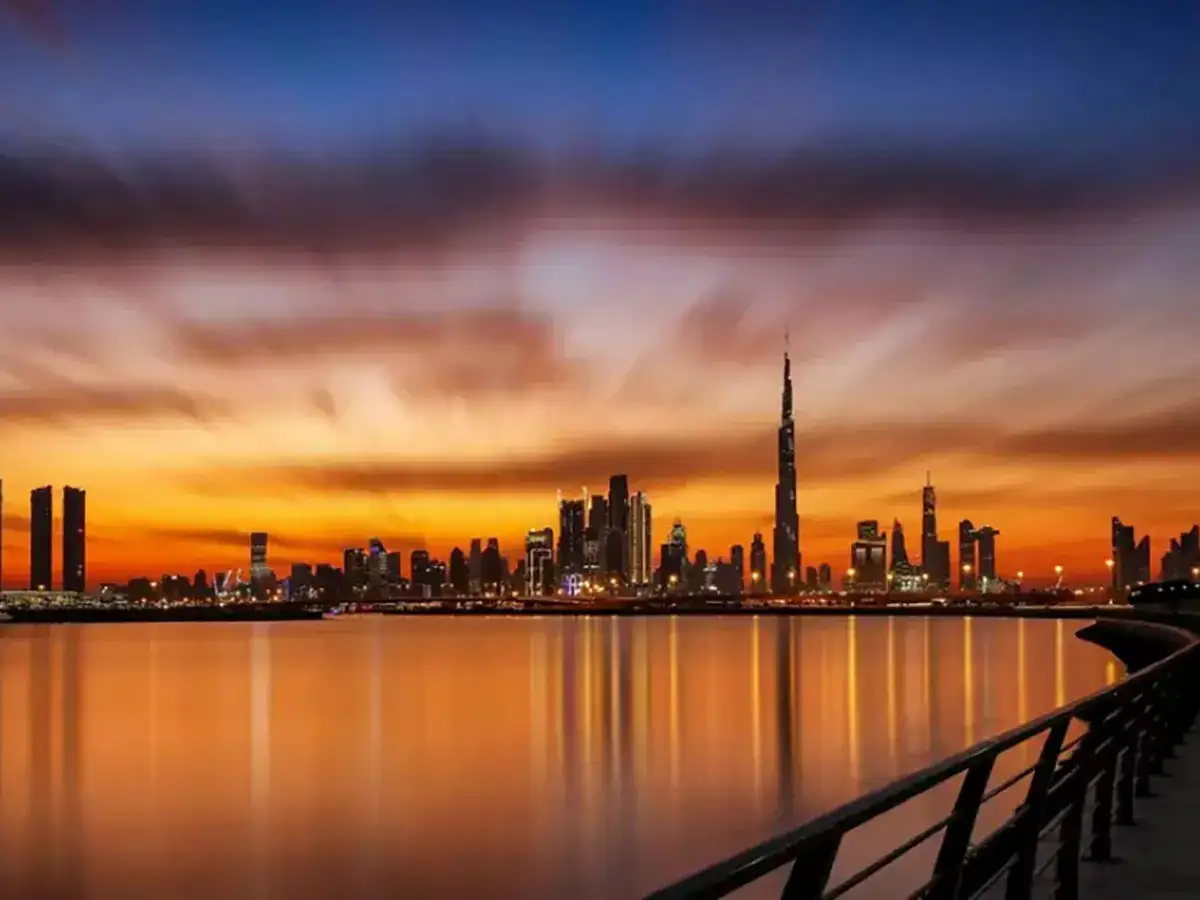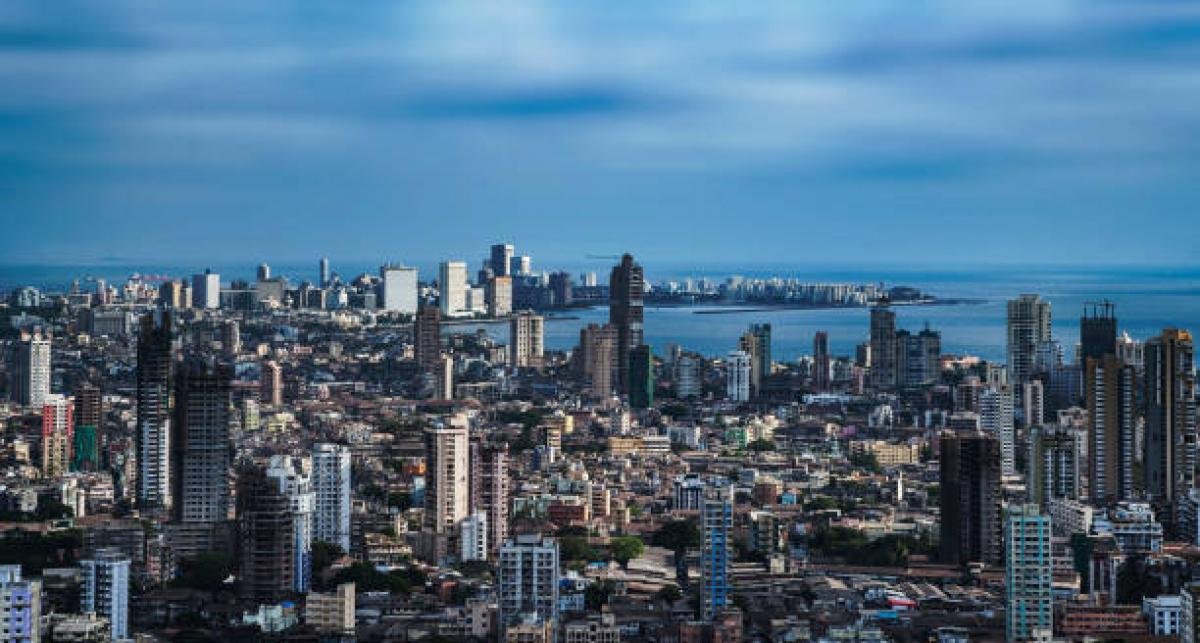Now Reading: New Roads, World, and Tech Hubs Are Rebuilding the World
-
01
New Roads, World, and Tech Hubs Are Rebuilding the World
New Roads, World, and Tech Hubs Are Rebuilding the World

Table of Contents
Infrastructure development has become one of the most critical pillars for national and global growth World. As cities expand and populations grow, the need for modern, efficient, and sustainable infrastructure is greater than ever. From roads and bridges to airports and digital networks, infrastructure plays a vital role in shaping the economy, creating jobs, and improving quality of life.
Governments, private investors, and international World organizations are now prioritizing long-term infrastructure projects to meet the demands of the 21st century. The transformation is not just limited to construction it also includes innovation in green technologies, smart systems, and digital connectivity.
A Global Movement Toward Modern Infrastructure

Countries across the world are investing heavily in World infrastructure development to boost their economies and attract foreign investment. In the United States, President Biden’s Infrastructure Investment and Jobs Act has allocated over $1.2 trillion for roads, bridges, water systems, and broadband networks. Similarly, the European Union’s Green Deal emphasizes building eco-friendly transportation networks and energy-efficient buildings.
In Asia, countries like India, China, and the UAE are setting ambitious targets for infrastructure expansion. India’s Gati Shakti Plan, for instance, aims to integrate road, rail, air, and port infrastructure to reduce logistics costs and enhance supply chain efficiency. China’s Belt and Road World Initiative continues to link Asia, Africa, and Europe through strategic transport and trade routes.
In the Middle East, mega-projects like Saudi Arabia’s NEOM city and the UAE’s Dubai 2040 Urban Master Plan are redefining what modern urban living can look like combining smart technologies, sustainability, and economic zones.
The Economic Impact of Infrastructure Investment
Infrastructure development significantly influences a country’s GDP and employment. According to the World Bank, every dollar invested in infrastructure generates up to $2.20 in economic return. This multiplier effect is especially visible in transportation and energy sectors, where improved access increases productivity and reduces operational World costs.
New roads, highways, and logistics hubs enable businesses to transport goods faster and more affordably. Ports and airports open up new international trade routes. Improved energy infrastructure, including renewables, ensures stable electricity for industries and households, powering digital transformation.
In emerging markets, infrastructure investment is particularly transformative. Access to clean water, sanitation, electricity, and internet connectivity unlocks economic potential in rural areas and helps reduce poverty.
Smart Cities and Sustainable Growth
Infrastructure development is also evolving in response to World climate change and technological advancement. Smart cities are emerging around the globe integrating digital systems with physical infrastructure to create cleaner, more efficient, and more livable urban environments.
Examples include Barcelona’s smart traffic systems, Singapore’s digital waste and water management, and Dubai’s 3D-printed buildings and autonomous transport experiments.
These initiatives use data analytics, IoT (Internet of Things), and AI to optimize resource usage, reduce emissions, and improve public services. Sustainability is now a major part of infrastructure planning — from green buildings and solar-powered grids to electric public transportation and eco-friendly construction materials.
According to McKinsey, over $9 trillion in annual infrastructure investment is needed globally through 2040, with more than 60% required in developing countries. The emphasis is not just on quantity, but on building long-lasting, climate-resilient, and future-ready assets.
Private Sector and Public-Private Partnerships (PPP)
Governments alone cannot bear the massive financial burden of infrastructure development. Hence, public-private partnerships (PPP) are becoming more common. These collaborations help mobilize private capital while sharing the risk and management expertise.
Infrastructure-focused funds and institutional investors, including pension and sovereign wealth funds, are increasingly interested in long-term infrastructure assets. These offer stable returns and are seen as relatively low-risk compared to other investments.
Private sector players also bring in innovation — from green construction practices to digital infrastructure solutions such as 5G rollout and smart grid systems.
Challenges and the Way Forward

While the benefits of infrastructure development are clear, challenges remain. Project delays, land acquisition issues, lack of skilled labor, and environmental concerns often stall progress. Corruption and poor project management can lead to cost overruns and subpar quality.
To overcome these barriers, experts suggest streamlining regulatory frameworks, embracing digital tools for project monitoring, ensuring transparency, and fostering community participation. Moreover, infrastructure planning must be inclusive focusing on the needs of marginalized communities and ensuring equitable access.
Infrastructure must also adapt to future risks such as climate disasters, cyber threats, and changing work patterns post-COVID-19. The shift toward remote work, for instance, has increased demand for digital connectivity over traditional office spaces.
Conclusion: Building the Future, Today
Infrastructure development is more than just construction it is a foundation for future prosperity, innovation, and resilience. Whether it’s a rural bridge, a high-speed train, a solar farm, or a data center — each project plays a role in building stronger nations and communities.
As the world navigates economic recovery, climate challenges, and digital transformation, infrastructure will remain at the heart of global strategy. Governments, businesses, and citizens alike must work together to build smarter, greener, and more inclusive infrastructure for generations to come.
Read More:- Deyaar’s Latest Announcement Shakes Up the UAE Property Market






















